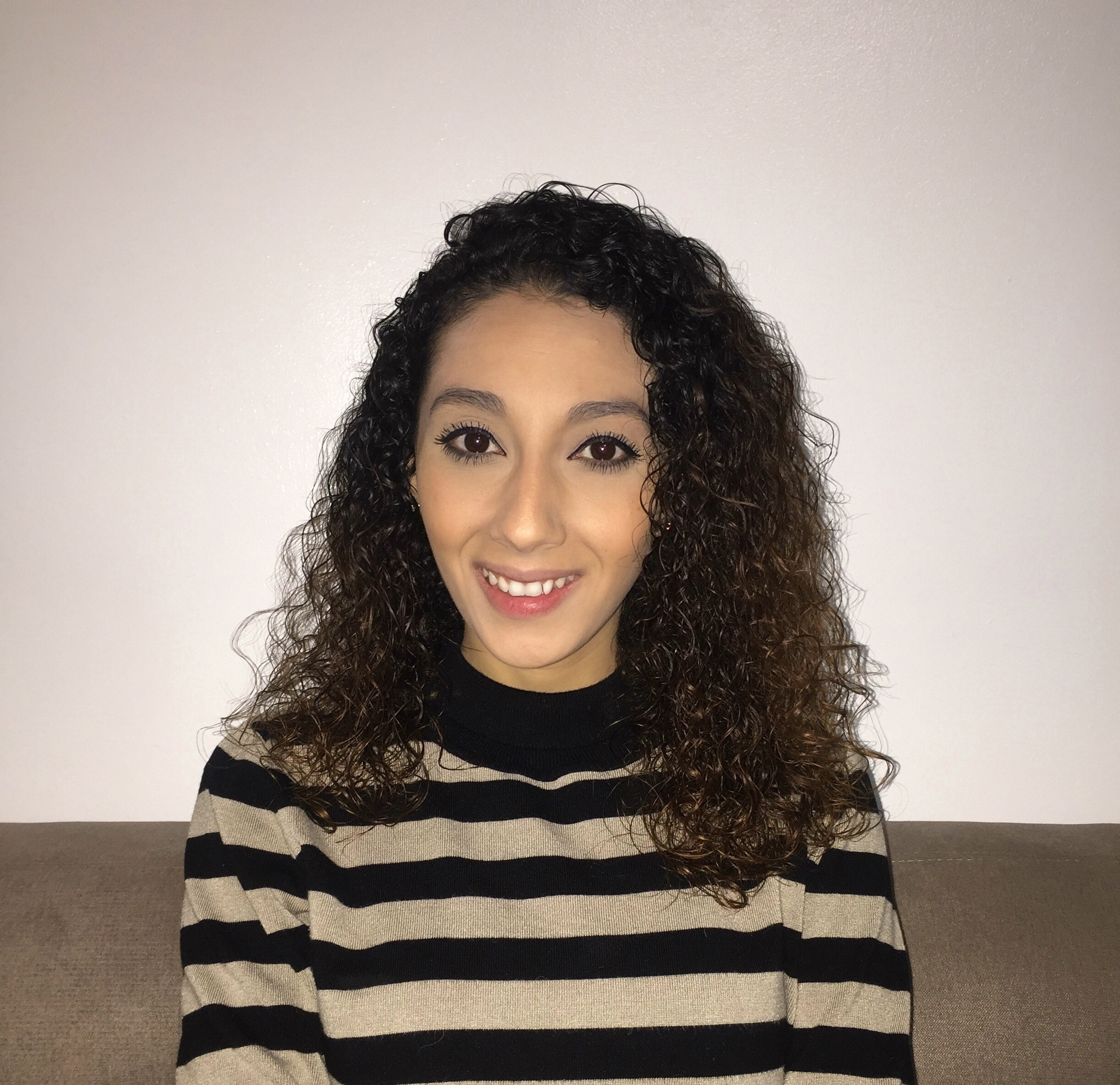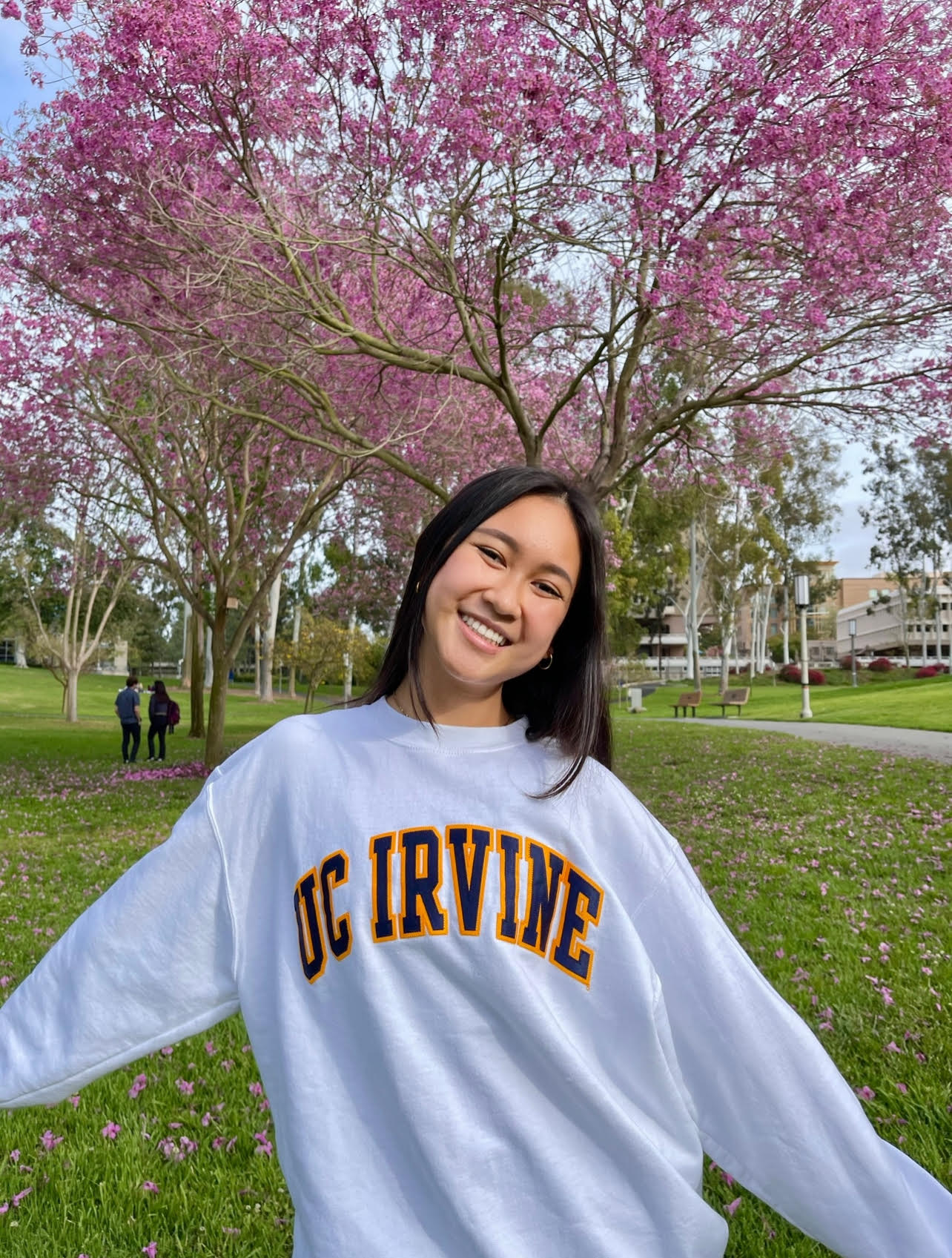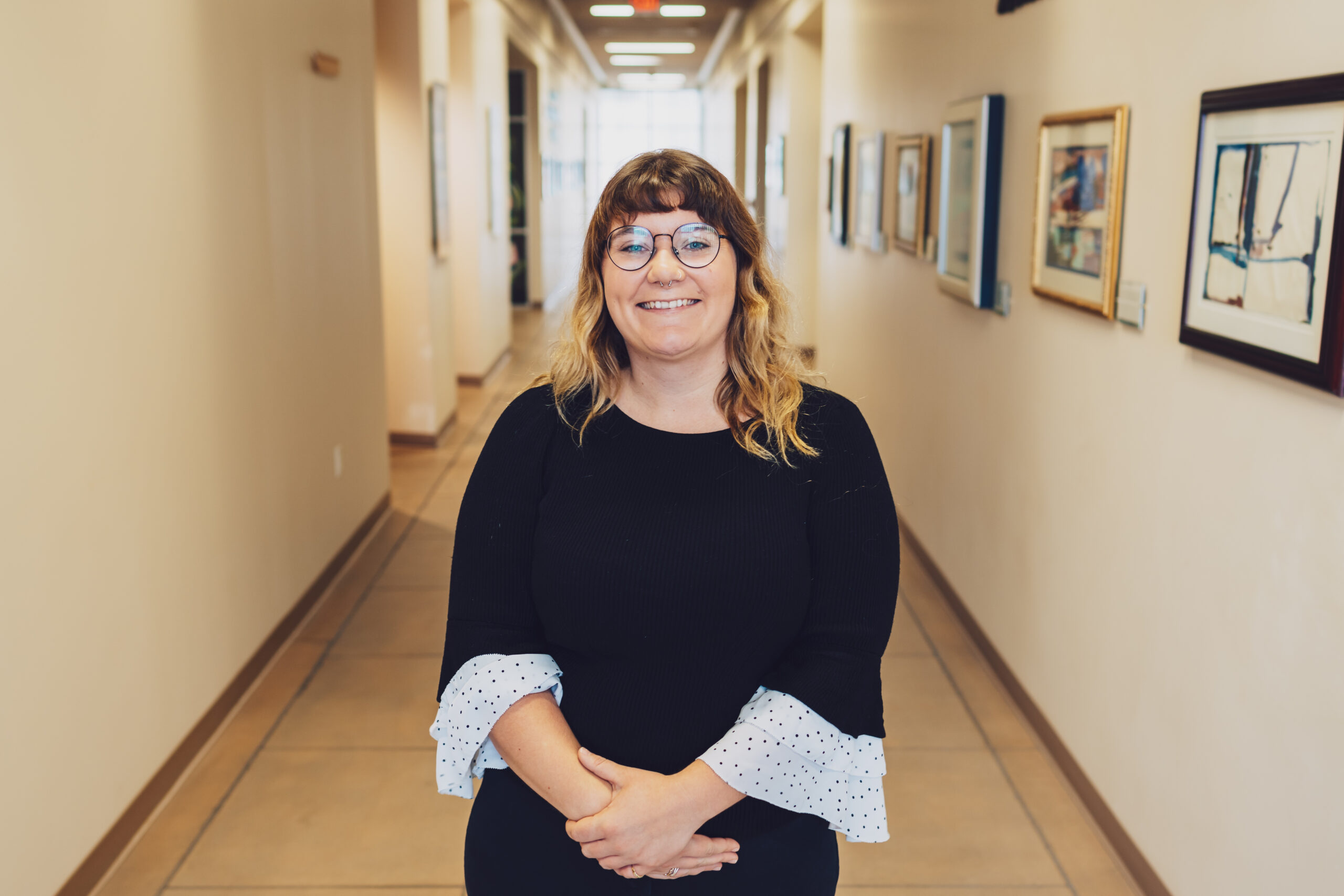Katherine Thompson-Peer, Assistant Professor, Developmental & Cell Biology

1. Tell us a little bit about yourself and your journey!
I grew up in the Bay Area (I’m a 3rd generation San Franciscan). I did my undergrad, a few years as a technician, and grad school on the East Coast before I got sick of the snow, so I came back to California for a postdoc in SF and eventually my faculty position at UCI, in the department of Developmental and Cell Biology. My son, now 9, was born a few months into my postdoc. As a Bay Area native, I’m slowly getting used to SoCal. I am a member of the LGBTQIA community.
2. How did you get into your field?
My work as a technician and in graduate school were on the development of the nervous system. I loved the basic biological questions of developmental neuroscience, but wanted my work to be just a touch more translational, so when I started my postdoc I focused on how nerve cells regenerate after injury. Initially I wanted to study how neurons regenerate both axons and dendrites, the two major types of structures that neurons have. But quickly I realized that there was almost no research on dendrite regeneration. But after lots of reading and talking to people who work on axon regeneration, I eventually realized that dendrite regeneration was a black box that just hadn’t been studied yet, perhaps because previous tools weren’t well suited for it. But I am convinced that dendrite regeneration is essential to understand, because dendrites are both fragile and essential for neurons to function.
3. Tell us a little about your research.
My lab works on how neurons regenerate dendrites after injury. Dendrites are the antenna of nerve cells, they are the projections that allow neurons to receive information, either from the environment (in the case of sensory neurons, like detecting touch or heat) or from other neurons (like in the brain). Dendrites are injured in many conditions in people, but we don’t know how well they can recover. My lab broadly studies both how neurons regenerate as well as they do, but on the flip side why regeneration is imperfect.
4. What accomplishments are you most proud of?
Scientifically, I was very proud to have continuously funded myself throughout most of grad school and my postdoc through various fellowships. I have been lucky enough to work with some phenomenal colleagues at top-notch institutions. As a new faculty member, I was named 1 of 8 Rising Stars in Neuroscience by The Scientist magazine, and recently gave the keynote addresses at a research symposium in La Jolla (Martie Chalfie, who won the Nobel prize for co-discovering GFP, had given the keynote the previous year).
But I am equally proud of having earned the UCSF Chancellor’s Award for the Advancement of Women, at the time being the first postdoc to receive the honor in 18 years, for my numerous and varied activities to support women in science at UCSF. I’ve shared my opinions on the research enterprise alongside the directors of the NIH and the NSF. And I’m starting to dip my toes into organizing and advocacy at UCI, and looking forward to seeing where we can make progress.
But all those feelings pale compared to my pride in my colleagues and students, for all of their accomplishments. The best feeling is seeing the people in my lab or otherwise in my orbit realize their own potential, scientifically or otherwise.
5. Who do you look up to? What is your source of inspiration?
I am inspired by the students and trainees I interact with. I could not ask for better teachers than the people in my lab and in the courses that I teach.
I am equally inspired by other junior faculty, both here and those that I know at other institutions. Peer group mentoring is a powerful resource, and source of inspiration for me. I most admire people who are scientifically rigorous and at the same time kicking ass to do their part to advance social change.
6. What are some of your hobbies/activities outside of work?
Outside of work, I have a 9 year old son, so my hobbies/activities are mostly all things that we do together. Lots of camping, with hiking or rock scrambling (during grad school, before he was born, I hiked to the base camp of the world’s 8th tallest mountain). Gathering with friends, or going to practice/games for the team sports that my son participates in. I really like finding oddball museums that are off the beaten path – we’ve been to a Pez museums, pinball museums, an infinite mirror maze, and most of the airplane or railroad museums in California. My son isn’t old enough to go SCUBA diving with me, but I look forward to that eventually. I don’t do any one thing obsessively, but prefer to dabble in lots of different things.
7. Favorite comfort food?
Tea. I drink tea by the gallon! A highly caffeinated strong English breakfast, with milk and sugar.
8. What is a show you’re obsessed with right now?
I don’t watch much TV, though my 9 year old and I are slowly making our way through Avatar: The Last Airbender. When on my own, I listen to podcasts and read a good number of books (mostly genre fiction).
9. What is one piece of advice to give young female scholars getting into life sciences? What are some important lessons you have learned along the way?
Peer group mentoring is transformative. I started a peer mentoring group for postdoc women when I was at UCSF, and I continue to reap the rewards of that program. Recently, I’ve been lucky enough to be the faculty mentor for a group of postdoc women at UCI, and am inspired by their impact.
My advice, in terms of advocacy and organizing work, is to focus on where you can make concrete progress. If something is bugging you, if you can change something locally at your institution, even if it’s something small but real, that’s progress. Find other people who are annoyed by the same thing, and work together to make a change.
Scientifically, my advice is to always take ownership of your project and your career. What are you curious about? Someone once described my scientific style as “serious play”, and that resonated with me – serious because I am rigorous and determined, but also play because I am driven by curiosity and a drive to understand how cells work, and I bring that playfulness to my scientific approach.
10. Please share your social media handles and/or website if you would like to connect and promote!.
Twitter: @ThompsonPeerLab
Website: https://thompson-peer-lab.wixsite.com/home




